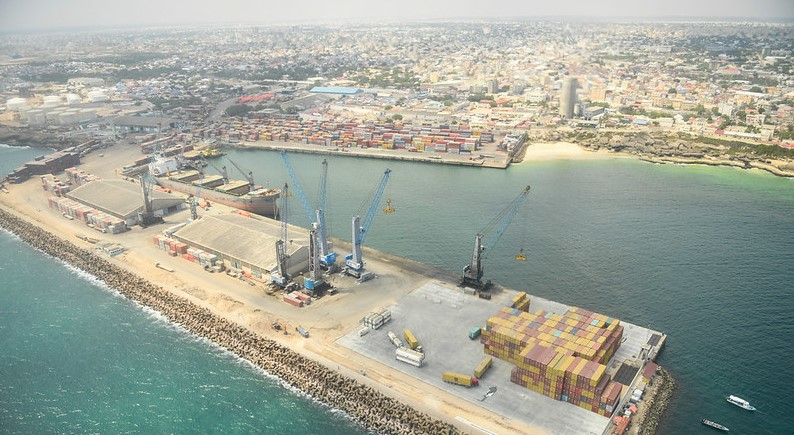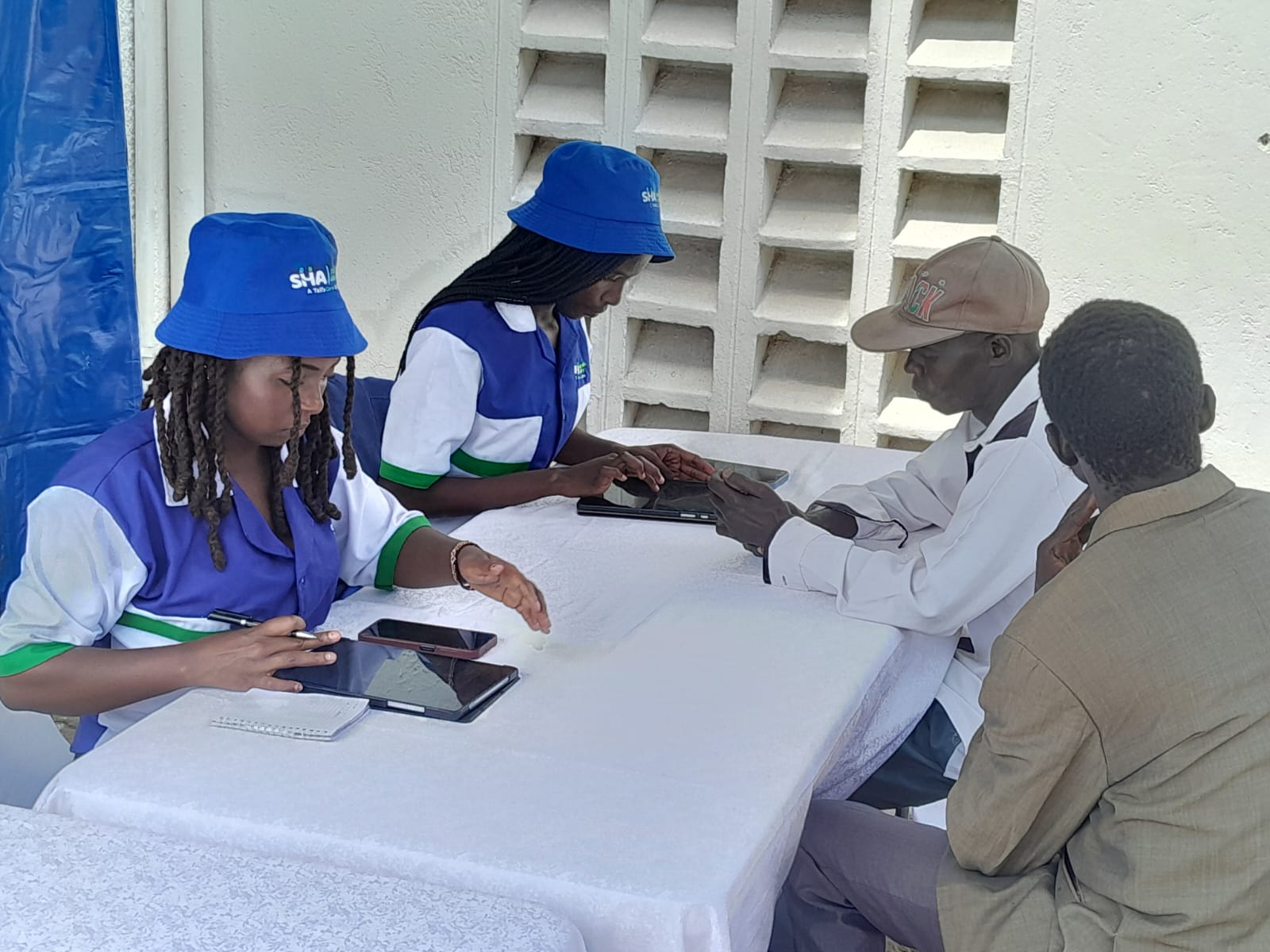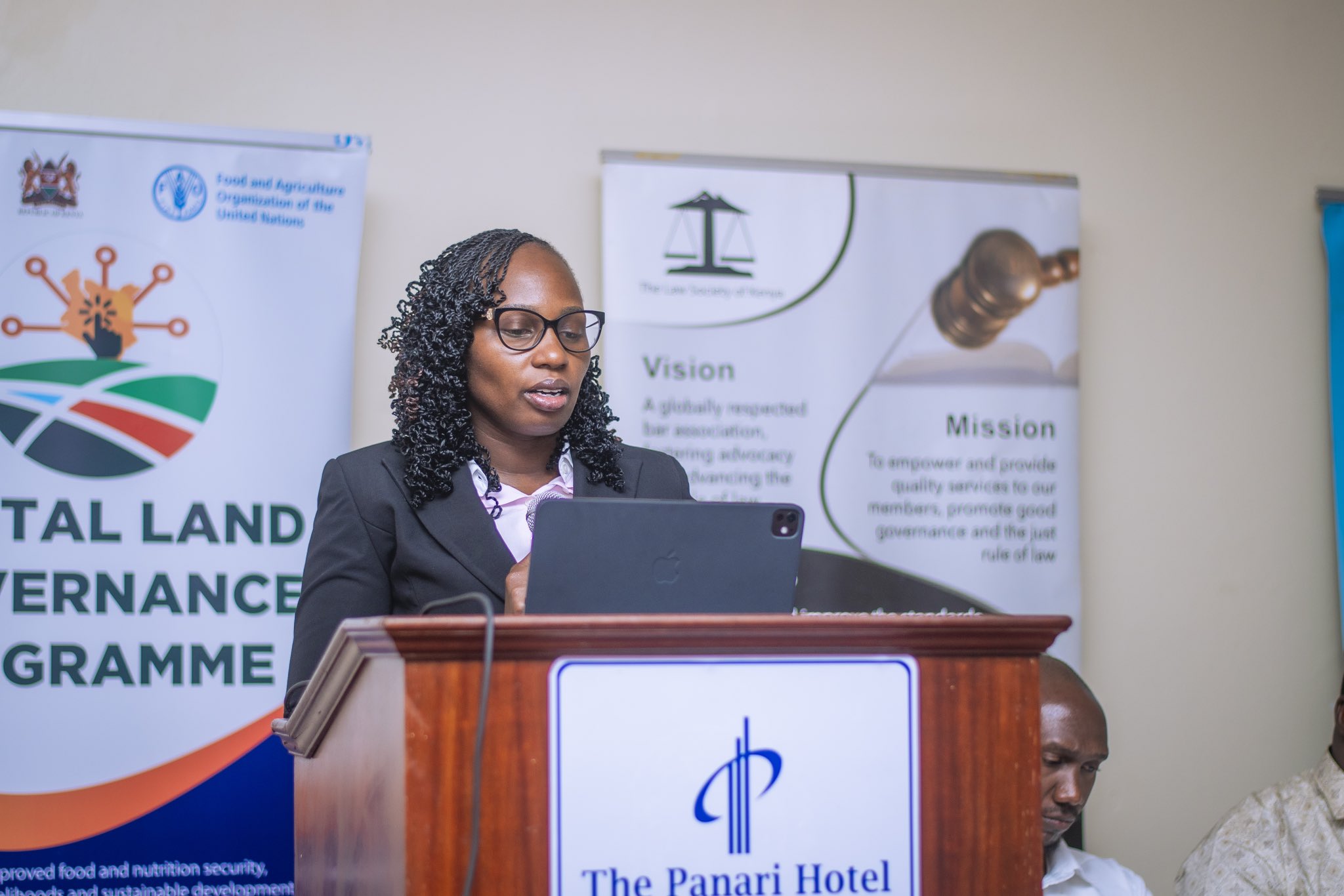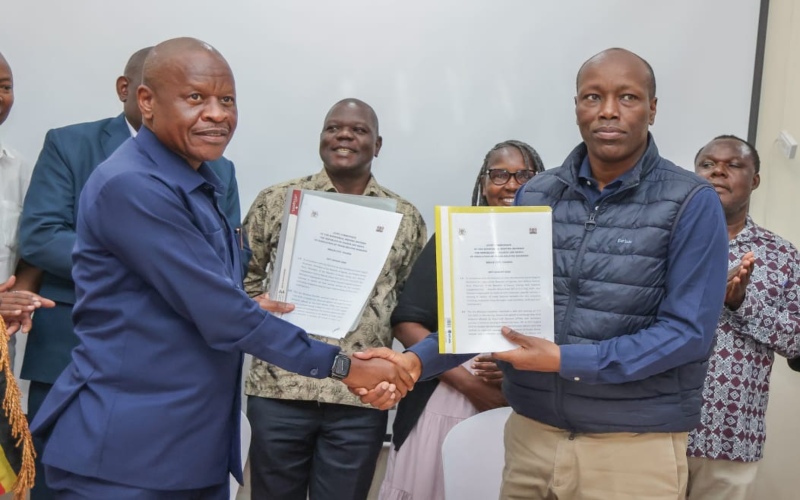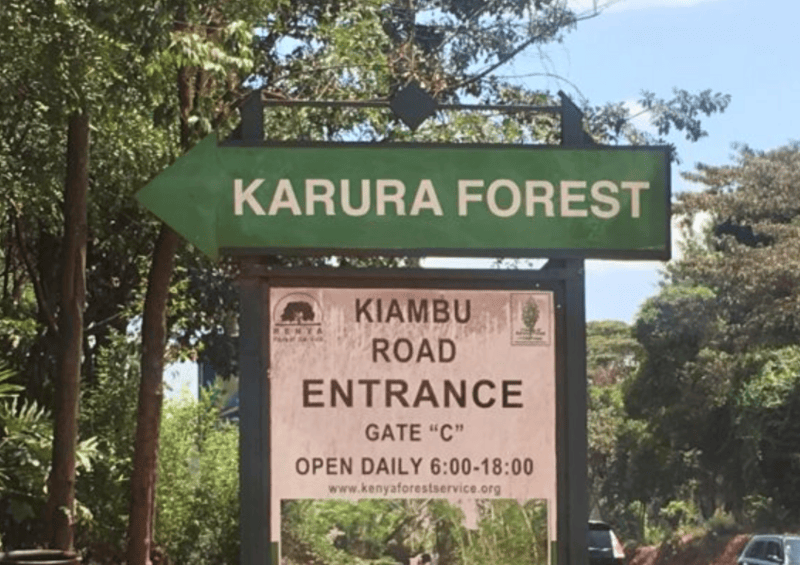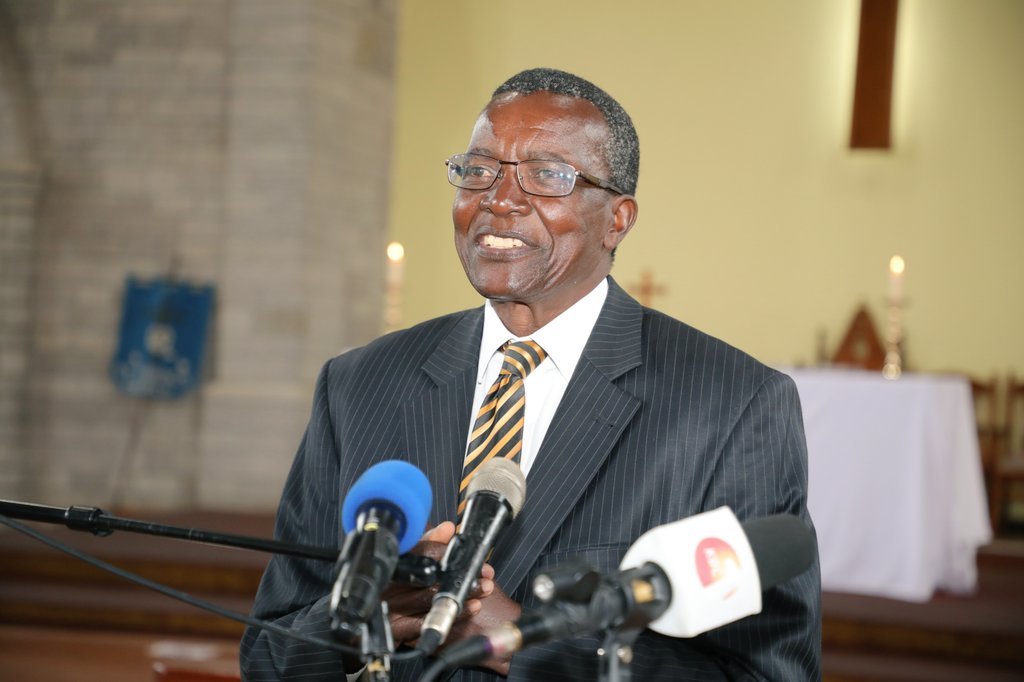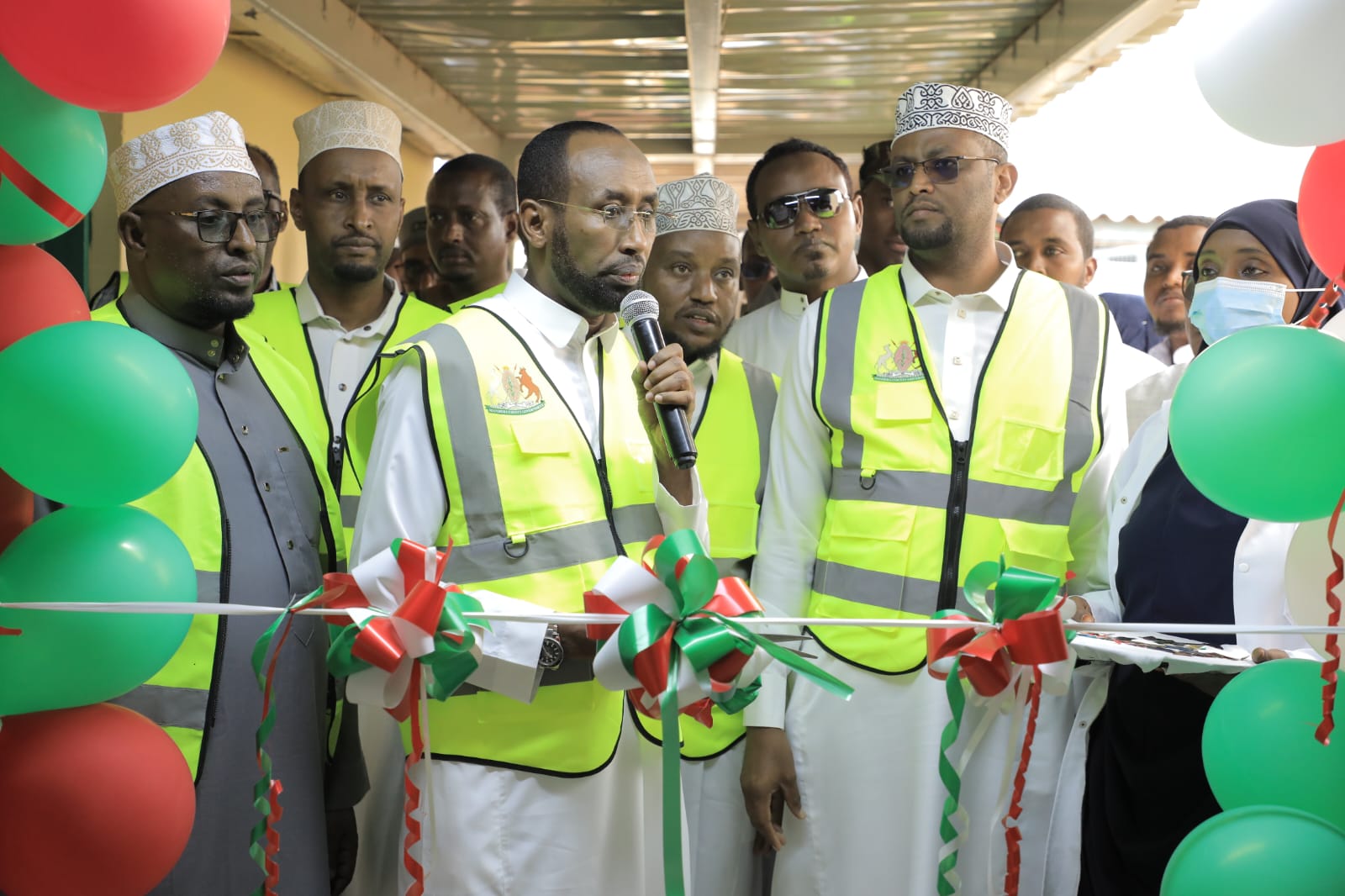MPs demand answers as REREC accused of paying Sh1.79 billion without proper records, land irregularities
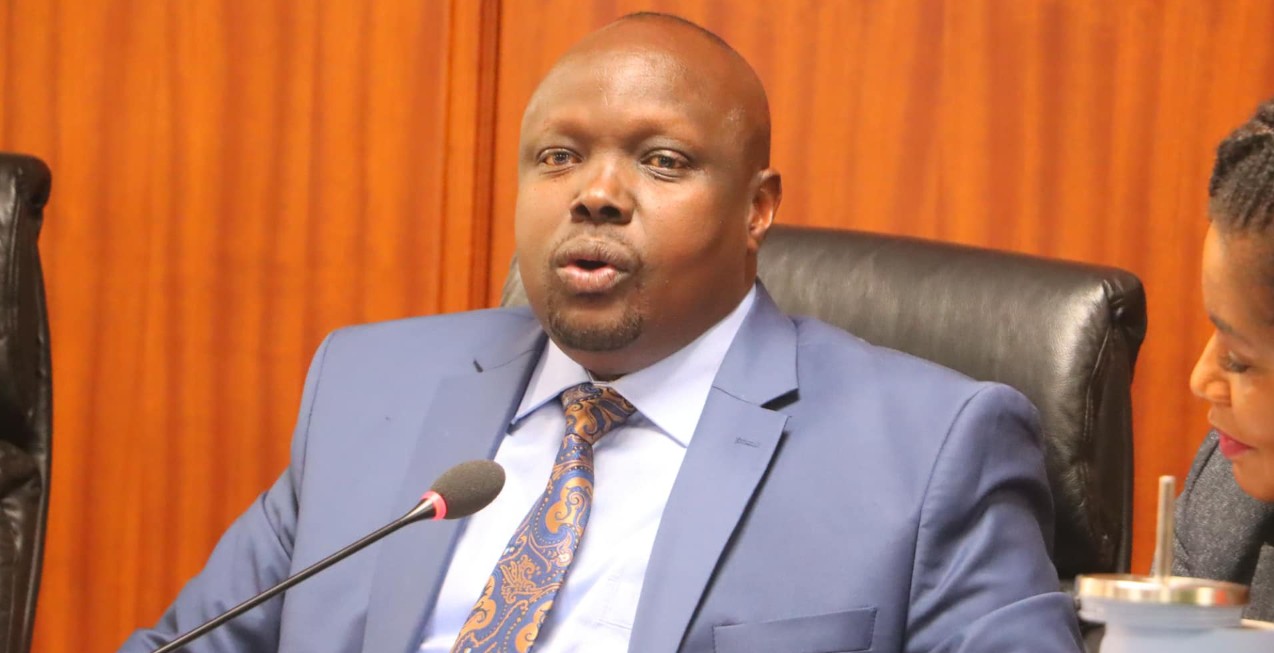
The Rural Electrification and Renewable Energy Corporation (REREC) is under intense scrutiny from MPs over questionable land survey payments, irregular land acquisitions, and unsupported expenditures amounting to billions of shillings flagged in recent audit reports.
Appearing before the National Assembly’s Public Investments Committee on Commercial Affairs and Energy on Tuesday, REREC officials were pressed to explain how more than Sh1.79 billion was spent on survey services without corresponding records or verification from official land offices.
More To Read
- MPs unlock funds to revive 13 mini-grids in six remote counties
- Auditor General flags REREC for illegally siphoning Sh110 million from fuel levy
- Sh1.6 billion paid to three unidentified companies prompts probe at Rerec
- President William Ruto retains Faisal Abass as Privatisation Commission Chair
- KAA under fire for missing Sh130m land record and Sh113.9m revenue shortfall
- Kenya Power cuts power sourcing from private producers amid concerns of malicious deals
During the session chaired by Pokot South MP David Pkosing, Chief Executive Officer Rose Mkalama and General Manager of Finance Davis Cheruiyot were questioned over serious audit findings spanning the 2020/21 to 2022/23 financial years.
According to the Auditor General’s report, REREC paid significant amounts for survey work, yet failed to update maps with the Directorate of Surveys or regional offices as required.
In Kakamega County, MPs also raised concerns after it emerged that wayleaves had been issued on land registered to deceased individuals without letters of administration, in violation of Section 45 of the Law of Succession Act.
The committee questioned how such transactions were allowed to proceed under the agency’s watch.
In response, Mkalama admitted to the gaps and said corrective measures had already been initiated.
“We have now established a Geospatial Department, a Lands Section, and an Advocacy Unit to strengthen internal controls, analyse land documents thoroughly, and sensitise the public on lawful land and wayleave acquisition,” she said.
In Turkana and Kilifi counties, REREC was found to have launched projects on adjudicated community land without securing formal consent from the respective County Governments, who legally hold such land in trust for local communities.
While the agency confirmed it had received approval from Turkana County for a project in Lopacho Village, it admitted to bypassing the necessary procedures in Takaye Village, Kilifi.
The audit further flagged several mini-grid stations in Wajir, Mandera, Garissa, and Turkana that were constructed on community land without proper ownership documentation.
The Committee warned that such lapses exposed both public and donor funds to significant legal and financial risks.
Land ownership issues
In response, Mkalama acknowledged the concerns and said steps were being taken to resolve the outstanding land ownership issues.
“We’re working closely with county governments and local communities. Part development plans have been approved for most sites. Cadastral surveys are underway, with Garissa already completed. The rest will be finalised by FY 2025/26 before submission to the National Land Commission for titling,” she said.
Committee members also questioned a reported Sh2.25 billion under trade and other payables, highlighting that Sh1.19 billion lacked supporting invoices, while another Sh830 million had remained unpaid for over 90 days.
REREC officials attributed the delays to contract terms and retention conditions, stating that Local Purchase Orders and service entry records supported the transactions.
However, MPs expressed the greatest concern over a Sh571 million payment to three survey firms for unspecified projects. According to the Auditor-General, the payments were made without service orders, contracts, or any tangible deliverables such as maps, raising serious concerns over procurement compliance.
In her response, Mkalama admitted that the corporation had failed to follow proper procedures.
“Following internal investigations, five staff members found culpable for the irregular payments were dismissed. We have also requested the DCI to take up the matter for further action,” she stated.
Pkosing criticised the agency, pointing to what he described as a troubling pattern of negligence and possible collusion.
“This is a clear case of laxity, and possibly collusion, at the expense of the public. Institutions like REREC are at the heart of rural development. When such critical agencies falter in accountability, the poorest Kenyans suffer the most,” Pkosing said.
He added that the Committee’s role extended beyond normal oversight.
“We must reinforce financial discipline in all public entities. The Committee’s oversight is not just procedural or a committee on paper; it is a moral responsibility to ensure public trust is not betrayed,” the MP said.
The Ccommittee is now preparing a comprehensive report on its findings. The recommendations are expected to call for deeper investigations and possible reforms aimed at strengthening transparency and accountability at REREC.
Top Stories Today

